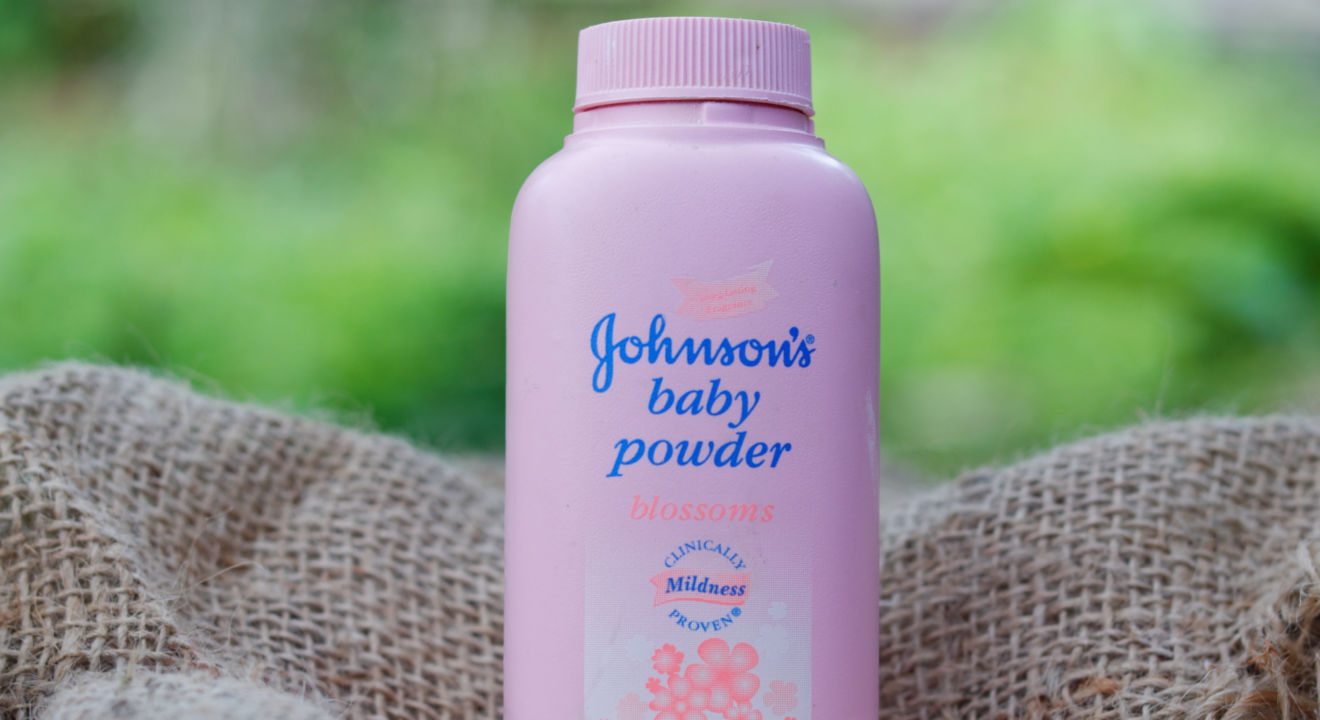Politics October 28, 2016


On Thursday, a St. Louis jury awarded one woman more than $70 million after she claimed the main ingredient in Johnson & Johnson baby powder – talcum – caused her ovarian cancer.
Diagnosed in 2012, Deborah Giannecchini, 62, filed a lawsuit against the pharmaceutical company, which was settled yesterday in her favor.
This is the third trial the pharmaceutical company has lost over links between its baby powder and cancer. In the last year, St. Louis courts have awarded plaintiffs a combined total of $127 million.
A soft, naturally-occurring mineral, talc has been “widely used in cosmetics and other personal care products to absorb moisture since at least 1894, when Johnson & Johnson’s Baby Powder was launched,” says Fox news.
Although the company has been the target of multiple lawsuits in recent years, Johnson maintains its baby powder is harmless. However, attorney, Jim Ondor – whose firm represented three lawsuits against J&J – says research from the 1970s connects the use of talcum powder to a greater risk of ovarian cancer.
According to Fox news, “[Ondor] said case studies have indicated that women who regularly use talc on their genital area face up to a 40 percent higher risk of developing ovarian cancer.”
The American Cancer Society does not definitely state that the genital use of talcum powder causes cancer. According to the website, “Findings have been mixed, with some studies reporting a slightly increased risk and some reporting no increase. Many case-control studies have found a small increase in risk.”
A spokeswoman with Johnson & Johnson provided a statement to the St. Louis Post-Dispatch, maintaining the company’s stance that its product is safe. “We deeply sympathize with the women and families impacted by ovarian cancer,” she said. “We will appeal today’s verdict because we are guided by the science, which supports the safety of Johnson’s Baby Powder.”
In the last few years, around 2,000 people have filed claims seeking similar verdicts, accusing J&J of “ignoring studies” linking baby powder to ovarian cancer and “failing to warn customers about the risk,” says Bloomberg.